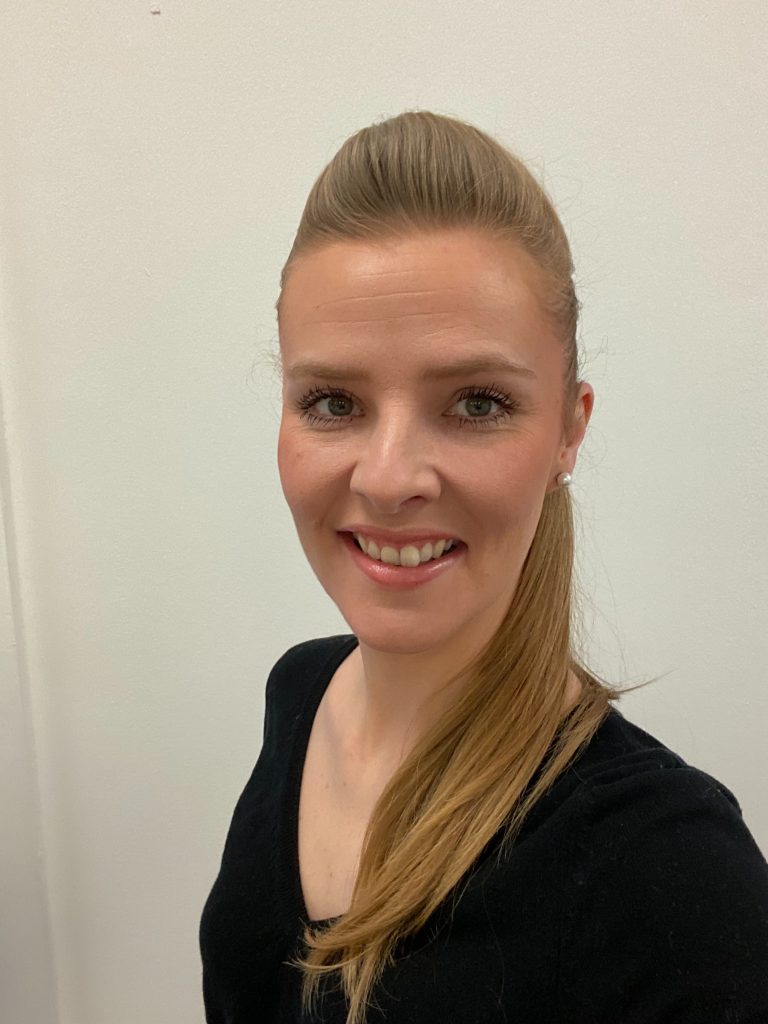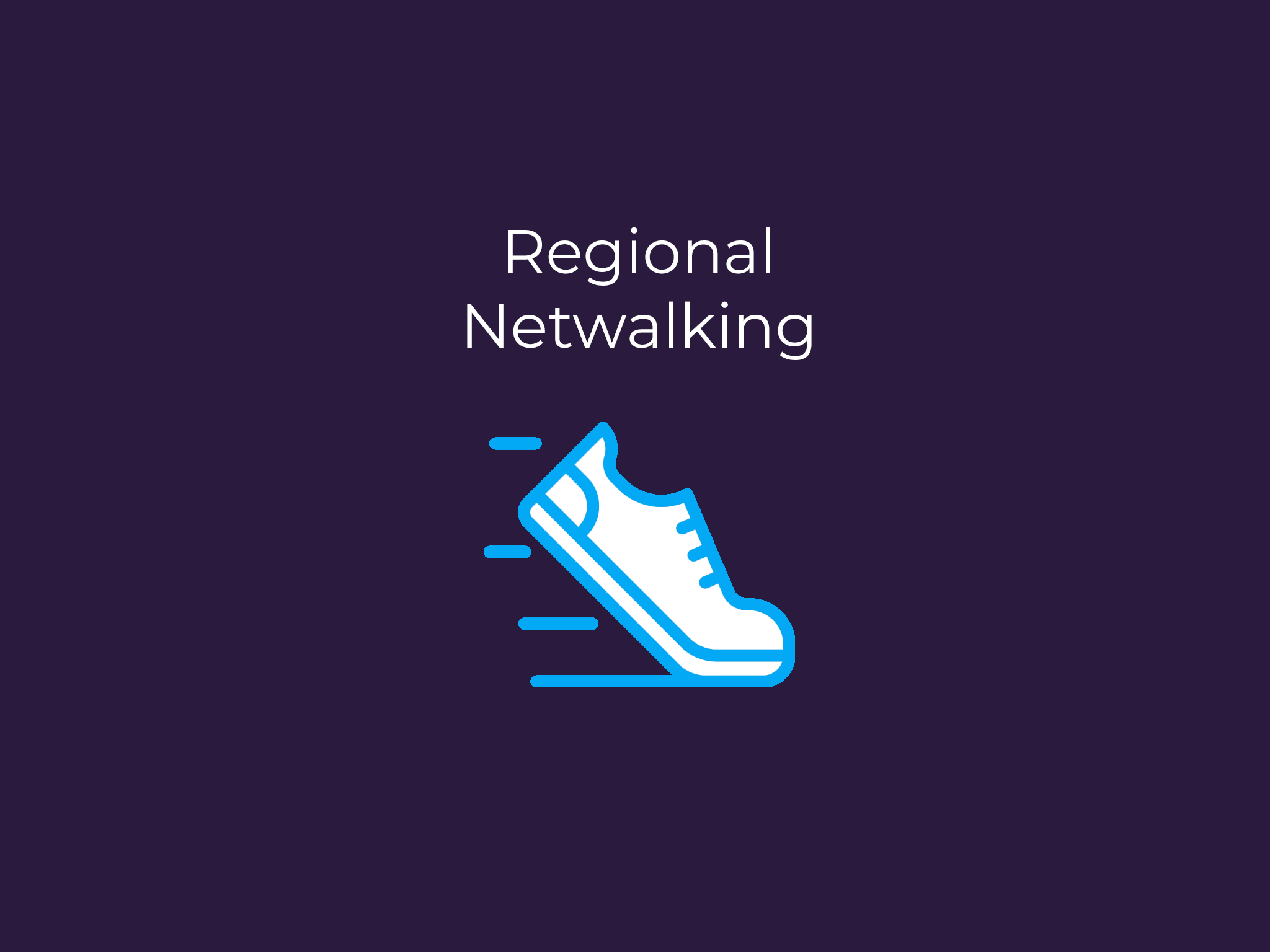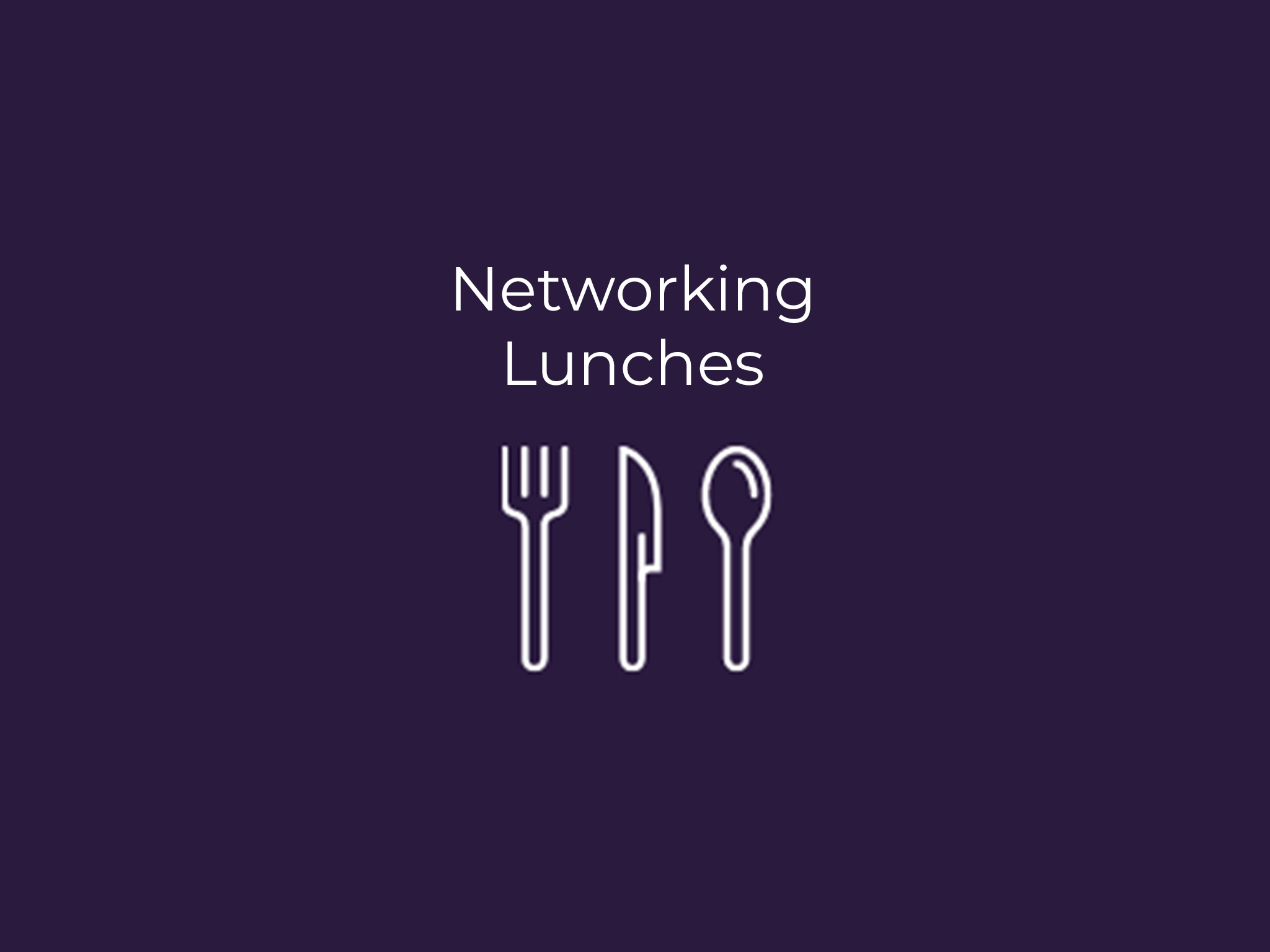Mental Health specialist Sally Desborough, our guest speaker for our 15th February webinar on achieving healthy and sustainable high performance discusses how to achieve an organisation wide approach to wellbeing.
Workplace Resilience and Wellbeing – what does the picture look like?
It is fair to say that over the last two to three years everyone has faced change and uncertainty. What has been a constant for everyone amongst that change and uncertainty is ‘how do I keep physically and mentally well?’
Our attention to the mental health agenda has been re-prioritised. This isn’t the case everywhere – there are some organisations where mental health hasn’t been mentioned – however broadly speaking we have made major steps forward that might not otherwise have been achieved had it not been for the dread ‘P’ word.
What are the impacts? The Wellbeing Project conduct research looking at Workplace Resilience and Wellbeing. Key findings of their 2020 report:
- 22% of an individual’s wellbeing can be accounted for by the extent to which their manager supports and role models good practice around resilience and wellbeing
- Younger workers (age 18-25) report lowest resilience levels
- Overall, resilience and wellbeing of non-managers appear to be compromised the most
- Broadly, males feel slightly more resilient than females
As time has gone on, people have felt the effects of stress much more. The more lockdowns we had the less resilient people felt (Mental Health Foundation).
What can we do to build resilience levels, particularly in times of difficulty?
- Using our social support network to access help when we need it, to talk things through can be powerful for managing challenges.
- Looking after our physical health, managing boundaries, resting and being physically active plays a huge part in resiliency. Let’s not underestimate the impact of our physical health on our resilience levels.
- How can we take an opportunity to see obstacles as a challenge as opposed to a threat? How can we look at things in a different way?
There are many ways that we can build our resilience, that might by physically, socially and psychologically. Some people think that resilience is about ‘being strong’. It isn’t. Sometimes it’s about being flexible and adaptive, changing the way that we think about things. Sometimes it’s about sitting with uncomfortable emotions, recognising them, and allowing ourselves to process them rather than fight them. The great thing about resilience is that it can be learned. It’s a skill just like any other skill. The more we practise, the better we get at it.
Sally Desborough, Your Wellbeing Hub
www.yourwellbeinghub.co.uk
07894 801717




